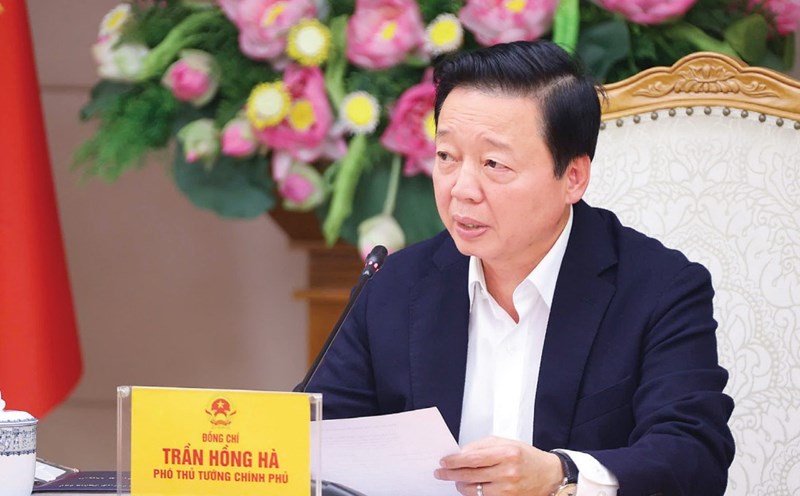During a meeting with businesses chaired by Prime Minister Pham Minh Chinh on February 10, Chairman of the Board of Directors of FPT Corporation Truong Gia Binh gave an interesting analogy: "Popularizing" artificial intelligence (AI), or "popularizing AI", similar to the "popular education" movement initiated by President Ho Chi Minh during the difficult years of the country.
Of course, this is just a figurative way of speaking, because it is not easy to introduce AI into teaching right from grade 1 or launch a movement to learn AI in a "popular education" style like before.
However, the message that Mr. Binh wants to convey is extremely urgent: in the current context, there is no other way but for people, especially the workforce, to approach, learn and apply AI to work as well as life.
Otherwise, they will face the risk of falling behind and being eliminated from the labor market.
Reality has shown that even industries once considered "inviolable" such as information technology (IT) are being strongly impacted by AI.
The wave of IT layoffs is spreading, while on the contrary, tens of thousands of AI engineering positions at businesses are still vacant due to a lack of suitable human resources.
This reflects an alarming paradox: traditional human resources are being replaced, but AI human resources are not enough to fill the market gap.
So how can we avoid being left behind? How can we turn AI into a powerful arm instead of a threat? The answer lies in the country's comprehensive AI development strategy.
First of all, the State needs to play a leading role in guiding and directing. AI is not just a matter of large technology corporations, but also a matter of national strategy.
For AI to be truly effective, there needs to be a comprehensive plan from building technological infrastructure, training high-quality AI human resources in universities, to establishing a clear legal framework for the development and application of AI.
Besides, an open and flexible mindset from businesses and individuals is also indispensable.
Businesses must be more proactive in investing in technology and retraining staff to adapt to the AI era.
Every individual, regardless of field, needs to change their mindset and equip themselves with new skills so as not to fall behind.
The technological revolution with the explosion of AI is bringing great opportunities to many industries, from education, healthcare to finance and manufacturing.
However, without careful preparation, those opportunities can turn into challenges.
AI will not replace humans, it will only replace those who don't know how to use it!













